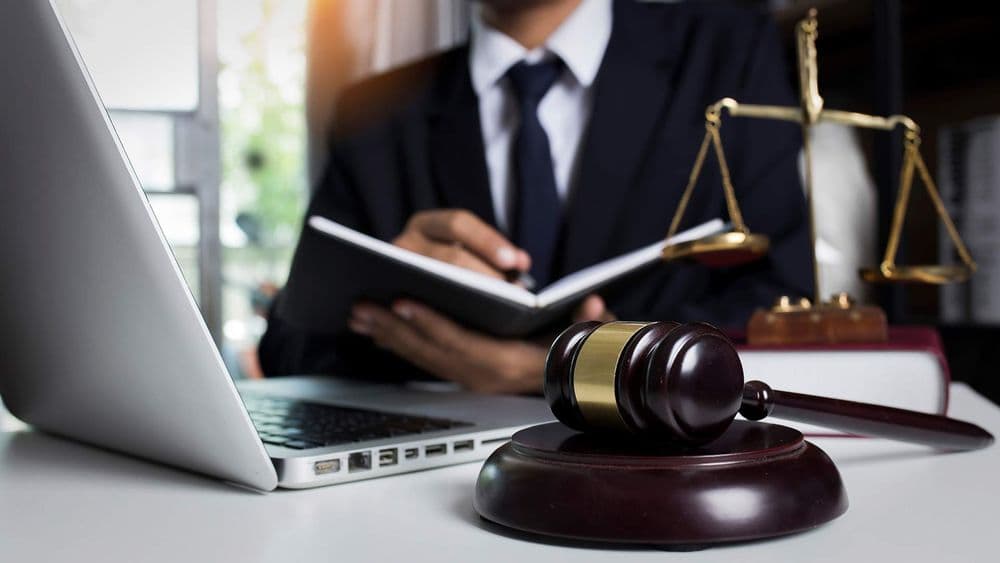What are the legal requirements to purchase a commercial property in Dubai?

Planning to move your business’ HQ to the dynamic city of Dubai?
If you’re an expat or non-resident, there are a few legal requirements you might have to abide by before transacting for your next property!
Here’s your guide to the legal requirements in Dubai for purchasing a commercial property.
Where can you purchase commercial property in Dubai?
Before looking for properties, its crucial to know that only a few areas or properties can be purchased by expats and non-residents.
Expats have the privilege to own freehold properties in designated areas known as freehold zones. These coveted zones include sought-after locations like Dubai Marina, Downtown Dubai, and the iconic Palm Jumeirah. To get the full list of locations, you can check out the Dubai Economic Department’s list!
Agreeing on the right property and terms!
Your property journey starts with choosing the perfect abode and agreeing on terms with the seller. This is usually followed by signing a Memorandum of Understanding (MoU) or a Sales Purchase Agreement.
Get a No Objection Certificate (NOC)
For properties situated outside freehold zones or if you intend to sell your property in the future, obtaining a No Objection Certificate (NOC) is crucial. The NOC ensures that the property is free from any financial obligations or legal issues.
Sort out your application and payment
Upon reaching an agreement, you'll initiate the process by submitting an application to the Dubai Land Department (DLD) along with necessary documents. Simultaneously, you'll make the payment for the property's purchase price.
Register your property
Once your application is approved, the DLD will register the property under your name. This moment marks the official transfer of ownership, and you'll receive a Title Deed (also known as a Title Certificate) as evidence of your ownership.
Pay your transfer fees
It's important to note that as a buyer, you're typically responsible for paying transfer fees, which are usually calculated as a percentage of the property's value. These fees cover the administrative costs of transferring ownership.
Sort out your residency visa
Purchasing property in certain freehold areas may open the door to a residency visa. This potentially grants you the privilege of residing in Dubai, subject to specific conditions and regulations.
Seeking legal expertise
Navigating Dubai's real estate landscape requires a clear understanding of its legal nuances. Engaging legal experts who specialise in the city's property laws can provide invaluable guidance, ensure compliance, and safeguard your interests throughout the process.
Keep abreast of changes
Regulations can evolve, and the property landscape is no exception. Stay informed about any updates or alterations to the legal requirements by consulting professionals who are well-versed in Dubai's real estate regulations.
Always remember that property laws can change, so it's crucial to consult with up-to-date professionals who can provide tailored advice based on the latest regulations and guidelines.
Want to know more?
If you’re searching for legal advice, or need a professional to help you navigate through Dubai’s property market, get in touch with our team of experts!
